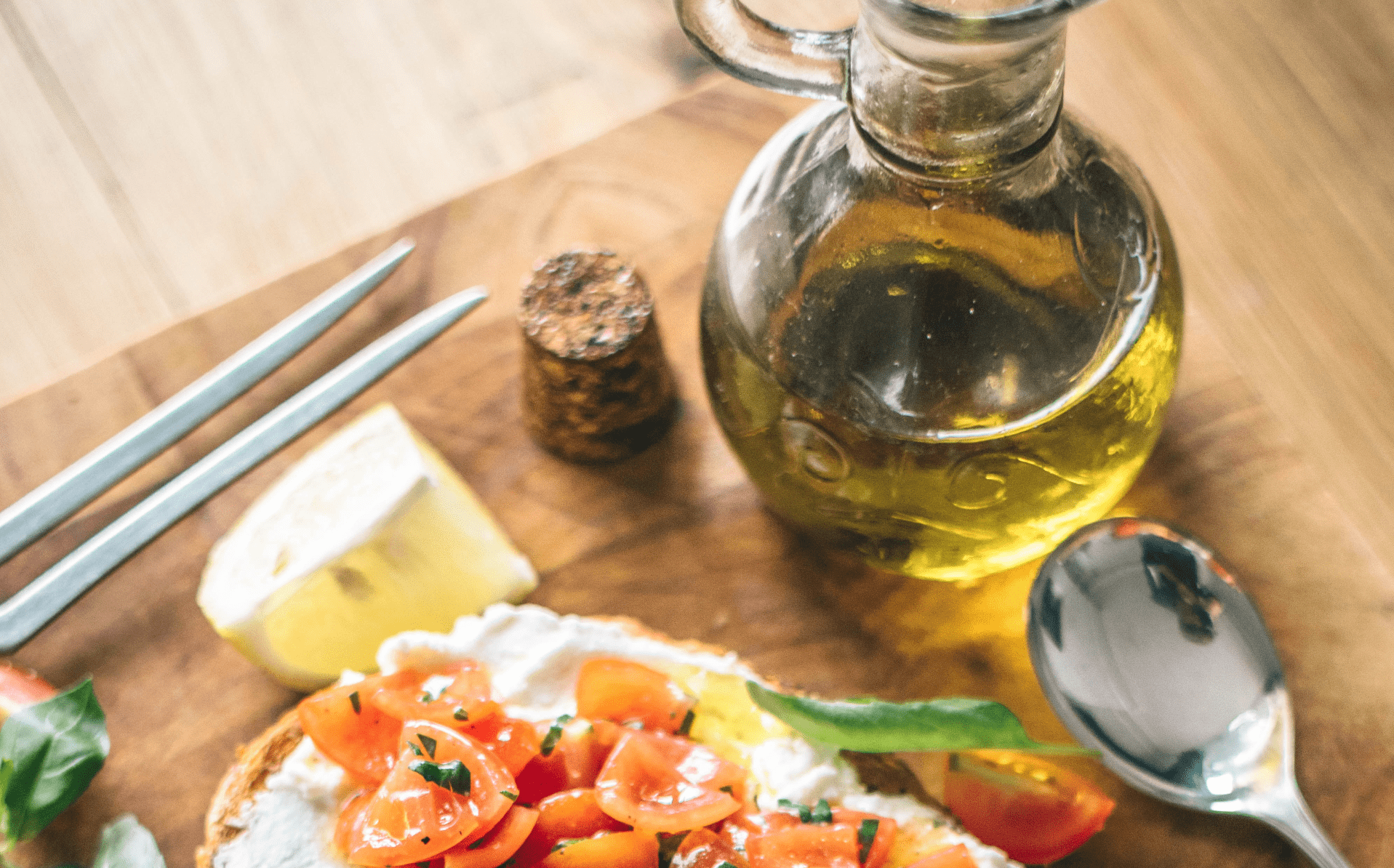I began my studies at the height of the Great Recession in 2008. I received my Bachelor’s degree in Economics in 2012. Disillusioned with the mainstream New Keynesian macroeconomics they taught us there (it just didn’t quite smell right), I turned to agent-based modeling and Complexity science in my spare time.
After graduation, I worked as a door-to-door salesman for a global leader in home automation and security systems. Lately, as an automation engineer for an international pharmaceutical company. My most recent job was automating the company’s IT help desk. Poor, poor wagies. They’ll be gone in 5 years.
My family is full of brilliant people, some robotics engineers, one a manufacturer of scope mounts for assault rifles, a Children’s fiction book author, a Cardinal in the Vatican, as well as an Olympic Gold Medal-winning handball player and coach. Growing up, I visited Croatia and Hercegovina often. I always asked Mom and Dad, “Why don’t you live here now?” Land, olive orchards, the beach, beautiful weather, that Mediterranean diet, rich in seafood and oils. It seemed like a paradise. Of course, war was recent in their memories. But it’s been 22 years since the Croatian War of Independence. Surely, they thought of moving back?
I use Java everyday to solve complex problems. But that’s changing. Java was originally developed by James Gosling at Sun Microsystems (which has since been acquired by Oracle Corporation). It was released in 1995. But now it’s all about Scala, Kotlin, Swift, C#, .NET, Python, Node.js, Django, Ruby, Ruby on Rails, JavaScript, Erlang, Go, OCaml, TypeScript, Rust, Haskell, Julia… Let’s not even begin with frameworks, let alone Hadoop and containerization. Croatia has 31 domestic olive varieties. Only 2 really matter. They’ve been around for 2,000 years. I don’t think those will change very soon.
The modern Croatian state is as young as the Java programming language, but the Croatian people have been around much longer. Barring The Singularity, people will still eat food. They will continue to drizzle their Tilapia in liquid gold, and farmers will continue to gather in November to feast together and fulfill that seemingly unending demand.
Recently, Nassim Taleb, author of The Black Swan, part of the landmark Incerto series, asked his social media following for back-cover quotes for his new book, Skin In The Game. I provided one. Presumably, this is because everyday folk, as opposed to “experts”, are actually using the advice written in his books. I did, and I couldn’t be happier.
Many people fear seem to fear the Categorical Imperative: “What if everyone bought the farm?” Or, “What if everyone ditched Modernity to chase Lindy Effects in the Selo?” But you see, not everyone will (or is even capable). In my understanding, both Antifragile and Skin In The Game are all about capturing the upsides of disequilibrium by putting your money where your mouth is. Even though such advantages are not predictable, even in principle, there are certain landscapes in which attaining such advantages are better than others, such as those in which your family’s reputation matters. My village in Croatia is one of those. Programming might not be around for much longer. But olive oil, and the culture that surrounds it? Well, History seems to be on my side.


1 comment